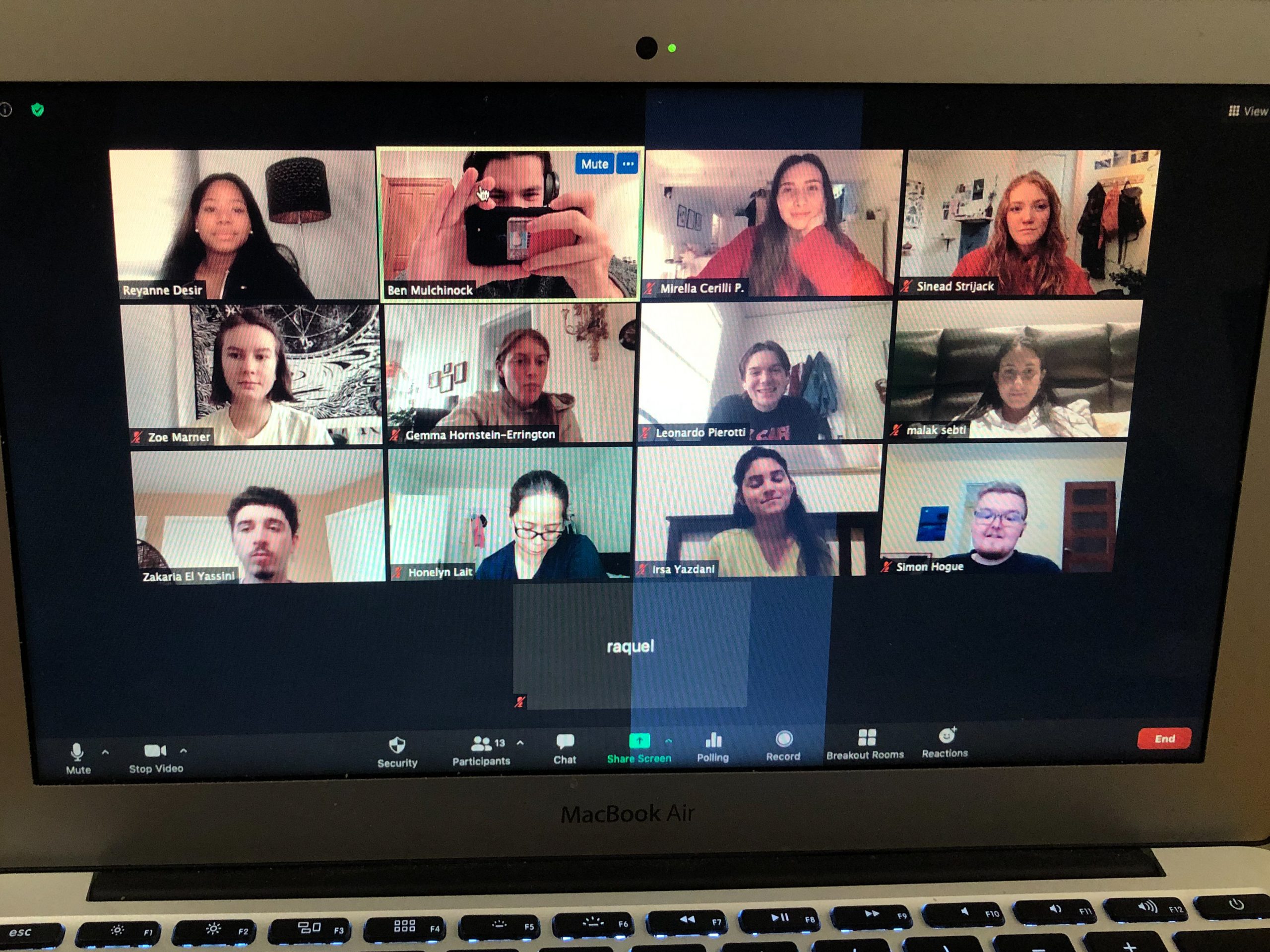As the semester draws rapidly to an end, final papers and exams loom ahead. A lot of hard work, studying, stress, and perhaps an all-nighter or two will be required to do all that needs to be done. Consequently, some people might be tempted to plagiarize or cheat.
Statistics found by Sally Spilhaus, the former secretary of the Academic Hearing Board, which hears cases of academic misconduct, and the current Advisor to the Rector on Rights and Responsibilities, revealed that there were 202 cases of academic misconduct between June 1999 and May 2001. While 129 of them were upheld, 73 were dismissed. Appointed to take over Spilhaus’ position in January 2002, Danielle Tessier, the secretary of the Board of Governors and Senate, has counted 133 cases from May 2001 up to now.
When asked whether she thinks plagiarism or cheating is the more significant problem at Concordia, Tessier vouched for the former. “While most students understand and are aware of the consequences of cheating during an examination, a growing number of the seem to be unclear of the consequences with regards to what constitutes plagiarism, and that plagiarism is a form of cheating,” she says.
“Usually those same students have poor research skills and have not learned how to properly reference a paper,” says Kristen Robillard, an Ombudsperson from the Ombuds office at Concordia. She agrees and points out that being “overwhelmed by the paper assigned or… strapped for time and taking a shortcut” are other reasons why someone would commit an academic offense.
Confidential help available
A place that a person can get confidential help and learn of his or her rights and responsibilities is the Ombuds office. Both Sir George Williams University and Loyola each established an Ombuds office in 1970 with the former one dealing with university members and the latter with students.
Three years after the two institutions merged to create Concordia University, Robillard says that in 1978, both offices merged so students, faculty, and staff could be served. The office works to try to prevent academic misconduct.
Pointing out that the generic term for academic misconduct is cheating, she says, “The Code of Conduct (Academic) is the University’s regulation on academic misconduct and states that ‘any form of cheating, plagiarism, personation, falsification of a document as well as any other form of dishonest behavior related to the obtention of academic gain or of the avoidance of evaluative exercises committed by a student is an academic offense under this Code.”
Furthermore, Robillard points out that article 12b of the Code defines plagiarism as “the presentation of the work of another person as one’s own or without proper acknowledgement.”
According to Robillard, a sanction is imposed from a list provided by article 26 when there is an upheld charge of academic misconduct, and a student can receive more than one sanction. The most extreme consequence of plagiarism is having the offense permanently on one’s record and even expulsion.
Failure a possibility
Less severe consequences include failure. “A person could, for instance, receive an F grade for the piece of work in question and be required to successfully complete a 3 credit course in addition to the number of credits required for his or her particular program,” she says.
While in 2000-2001, eight undergraduate and three graduate students came to the Ombuds office for advice related to academic misconduct, so far in 2001-2002, eight undergraduates and four graduates students have contacted the office. Robillard advocates the assistance provided by Ombuds.
“In our orientation sessions in the fall, we meet with new faculty and Ta’s and emphasize that a clear message be sent to students that academic misconduct will not be tolerated. We encourage them to… send students to workshops offered by the libraries and to be receptive to questions from students…. Also… to refer students to Counseling and Development for help related to writing skills and time management,” she says.
Students who think they will be charged or have been charged with academic misconduct can contact Ombuds and will be provided with information about the Code of Conduct (Academic). Not only will academic misconduct be described and an explanation given of who is going to want to talk to them and why, but also what the possible sanctions are will be reviewed and students will be strongly urged to profit from the services of Advocacy and Support Services to not only advise but accompany them through the process.
Sanctions are costly
Since academic misconduct can be avoided, Robillard urges students to think twice before cheating or plagiarizing. Besides the fact that going through the procedures under the Code are extremely time-consuming and stressful, she points out that sanctions cost time and money. An F grade in a course means an undergraduate having to pay to redo the course and thus, graduation is delayed.
For graduate students, an F grade for academic misconduct may mean withdrawal from their program. Future academic and employment goals can be jeopardized since academic offenses can become permanent on one’s record. Ultimately, the value of a Concordia degree is degraded when one cheats. “It is dishonest,” says Robillard.
“It is unfair to other students who have done their own work.Why should you and I both get an A for a paper that I got from a paper mill and you did on your own?”
If you have questions or want help concerning academic misconduct, the Ombuds office can be reached at 848-4964 or visited at 1550 de Maisonneuve Blvd. West in room GM-1120. The website is http://relish.concordia.ca/Rights_Resp_Ombuds/OMBUDS.html and the email address is [email protected]
Master your Photo Skills with the Concordian
Photography is as easy as one, two, three! Are you ready to switch out the average camera on…



